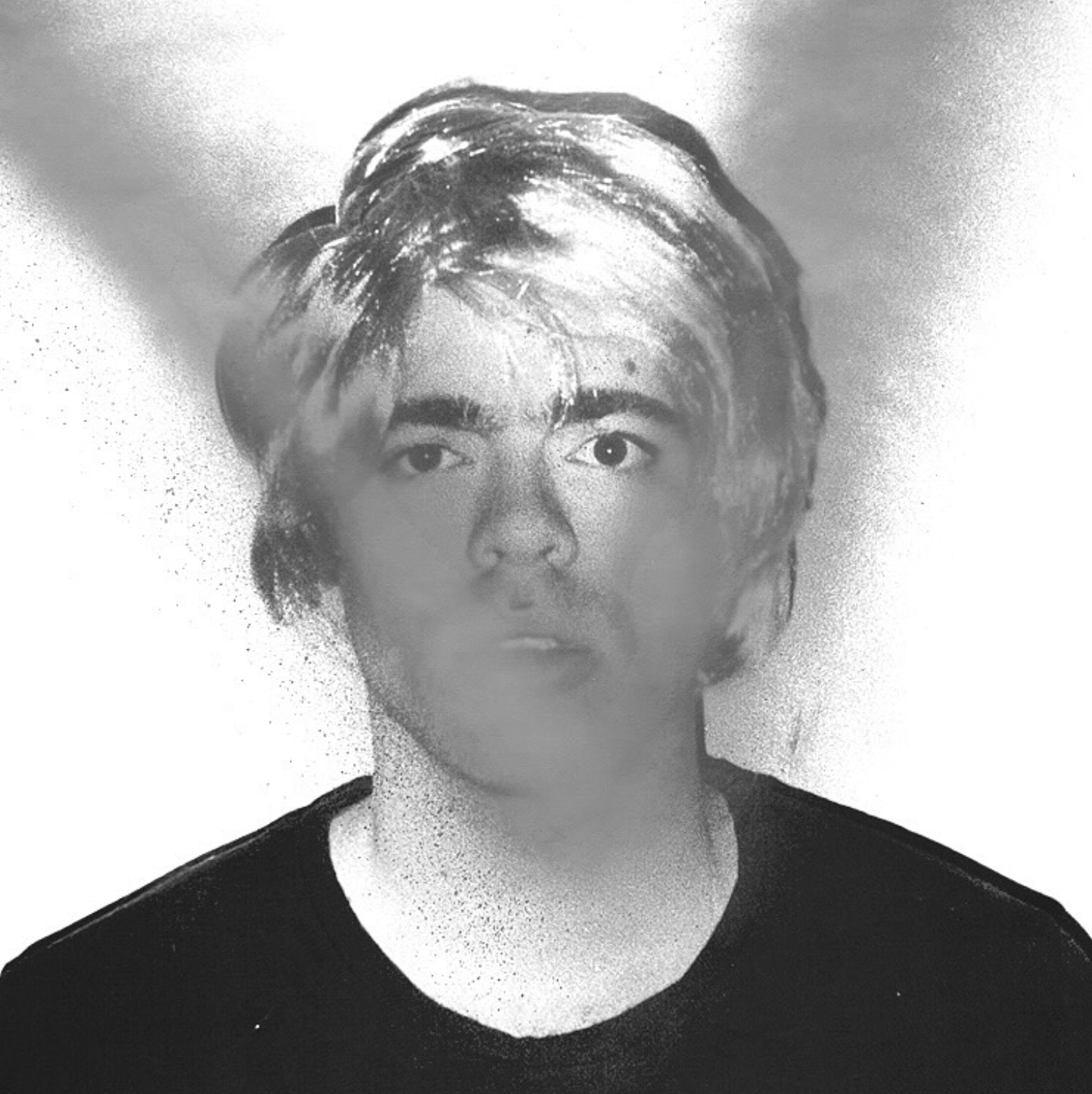
elijah waters
‘Violence’
A lettuce & Cheddar album review
All pictures from @elijahwatersda1st
Across Violence! the throughline is emotional candor carried by inventive sound design. The record keeps a consistent mood: nocturnal, tactile, and slightly fogged. The details, however, prevent monotony. You hear a different drum dialect in one track, a new guitar color in another, or a vocal treatment that shifts the emotional temperature of a line. If anything, the cohesion might blur songs together on first pass, but the writing and craft separate them quickly on a second listen.
Elijah Waters’ new project, Violence! (out July 17), cements him as a writer-producer who can make intimacy feel widescreen. I have loved elijah waters for many years and really wanted to take my time with this album before reviewing it. If his earlier records (A Sunday Kinda Love and Mother, I’m Not Here) hinted at this direction, this one steps into it decisively. The songs read like snapshots from a life he is determined to look at directly, but they are staged with a sonic imagination that keeps the personal from feeling small.
The first thing you notice is the texture. Waters treats production as storytelling: drums snap and stutter, guitars wobble like they are underwater, and vocals are layered, stretched, or sped just enough to feel like memory folding in on itself. The second thing you notice is how strong the melodies are. Hooks surface everywhere, sometimes with a whisper rather than a shout, but they lodge themselves in your head all the same.
“the place between victim and villian” lays out the thesis. Glitchy percussion flickers around a haunted spoken motif while a submerged guitar holds the center. Waters’ tone is emotive without reaching for melodrama, and the melodic rise as the track builds feels earned. It is a statement about ambiguity, about living in the middle ground between guilt and grace, and it sets the album’s moral weather.
“Jester” is a thrill. Drum-and-bass accents cut against lo-fi haze, and the hook pops when Waters jumps into a quick falsetto before the beat really hits. The vocal effects are meticulous, layers slip in and out like passing thoughts, and the contrast between rough edges and precise engineering makes the song feel alive. “Bobby” pushes the voice even further as instrument: the pitching is playful, the chorus climbs in a way that feels like stepping into light, and the percussion glitches are more color than gimmick.
By “<3 ACCELERATION,” you can hear how confident the record is in its drum language. The kit work has weight and personality, you feel the skin and wood even when the timbres are processed beyond recognition. Waters’ delivery matches the sense of motion implied by the title, lean and urgent but never overworked.
“Nostalgia” dials it back to a simple, lovely guitar progression and a vocal that carries warmth and poise reminiscent of classic soul singers who know how to keep a phrase close to the mic. When the hook speeds and warps, it is not a trick so much as a way to show how memory fast-forwards certain moments and drags others out. “Paris” turns to early-2000s R&B cues with pitched-down samples and a slow sway. Waters’ rasped lead vocal evokes contemporaries who live in the space between singer and rapper, while the homemade minimalism of the beat keeps it intimate.
“New Mind” is the record’s most straightforward pop rush. It is uptempo, guitar-forward, with a bright bassline and a chorus you could hum after a single pass. Then “Born, Die” flips the coin. Warped rap verses fan out over a mantra-like vocal sample, and the arrangement keeps recombining fragments of the verse as if replaying a scene to catch new details. When piano chords bloom near the end, they do not reset the tone, they reveal it.
“Austin, TX” breathes. Strings sketch a horizon line, drums leave space, and the vocal goes sparse, proof that Waters understands restraint as much as density. That sense of scale-change primes one of the album’s most affecting detours, “It’s been 12 years since i’ve seen a doctor.” Captured with voice-memo immediacy, it leans on storytelling and delivery over polish. The cadence nods to talk-sung confessional styles, but the writing does the heavy lifting. It is specific enough to feel lived and open enough to invite you in.
“Columbine” uses emptiness as impact. For a long stretch the production withholds, and when the drums arrive they feel like a boundary being crossed. The arrangement resists neat closure, which suits a song built to sit with uneasy questions rather than resolve them.
The single “Summer 17,” made with Jeshi, is the album’s Rosetta stone. Both artists look backward, toward relationships and scenes encountered too young, and the song captures how the past can be both dream and document (or, that’s how it presented itself to me). The visual world around it extends the concept cleverly: the two seem to orbit the same spots from youth, rarely sharing the frame, like parallel childhoods separated by a thin wall. On record that translates to a pensive, clear-eyed tone. It is nostalgia without sugarcoating.
Darkness deepens on “Better Man.” The harmony is almost gothic, the chopped vocals flicker like distant radio, and guest singer Noah Swan threads an unusual, haunting line through it all. The production is layered but not overworked, each new texture lands with purpose, and the track keeps unveiling depth on repeat listens.
The closer, “[...] with you,” leaves the door open and the light on. The chords are so buried you mostly feel them, drum textures murmur rather than crash, and Waters delivers one of his cleanest, most open vocals on the album. Midway through, strings swell just enough to lift the room. After so many songs that deliberately smudge the edges, ending on clarity feels right. It is not tidy resolution, but it does feel like honesty can be a kind of relief.
Across Violence! the throughline is emotional candor carried by inventive sound design. The record keeps a consistent mood—nocturnal, tactile, slightly fogged—but the details prevent monotony: a different drum dialect here, a new guitar color there, a vocal treatment that changes the temperature of a line. If anything, the cohesion might blur tracks on first pass, but the writing and craft separate them quickly on a second listen.
What lingers is how complete the vision feels. Waters writes sticky melodies, sings with range and character, and produces like someone who knows exactly what each texture is doing to your gut. It is folk-rooted and forward-facing, diaristic but not claustrophobic. Most importantly, it is convincing. Violence! does not just tell you a story, it builds an environment where that story can be felt.


